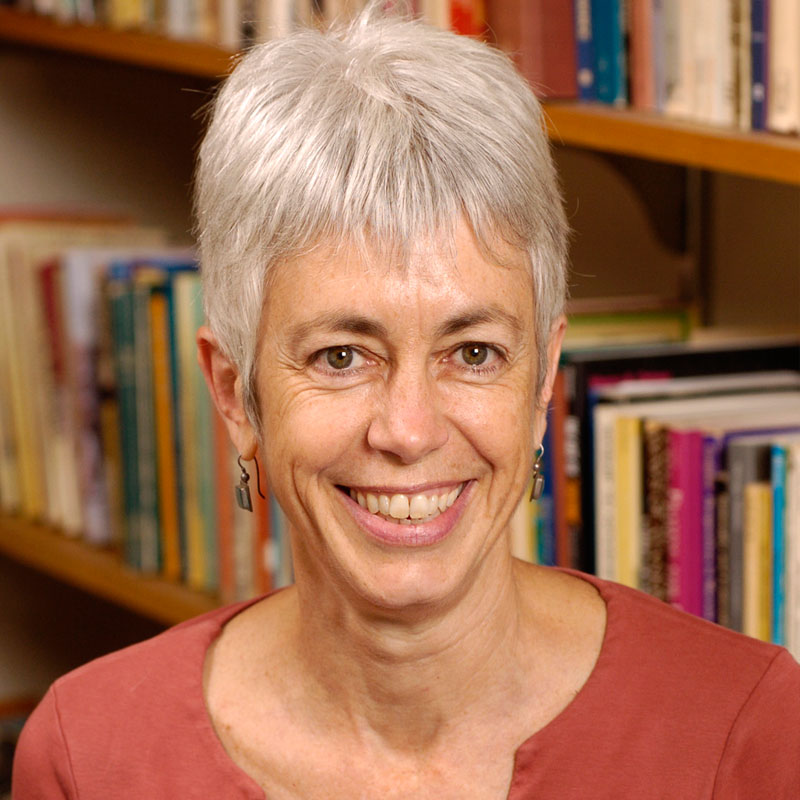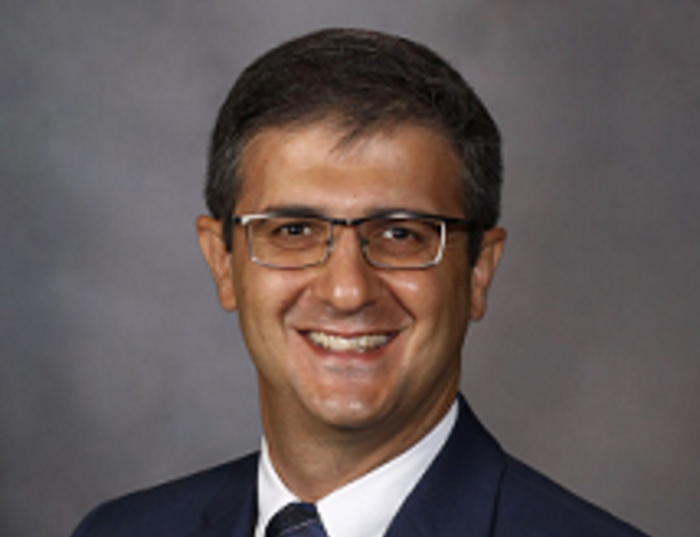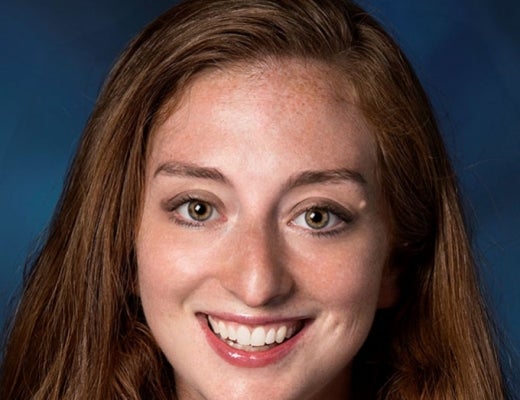- Identify and define the characteristics of technology’s positive and negative impact on human health. [weekend worksheets]
- Identify varying perspectives of stakeholders on issues related to technology and its impact on human health. [weekend worksheets/activities, identifying stakeholders assignment, final paper]
- Compare disciplinary approaches and perspectives on technology, humanity, and social justice in relation to health. [weekend worksheets]
- Compare perspectives of stakeholders on issues related to technology and humanity to understand how this impacts perceptions and actions on the issue, particularly as it is concerned in finding a just resolution. [weekend activities, identifying stakeholders assignment, final paper]
- Reflect on the level of influence varying stakeholders have or are denied in shaping actions on the issue of technology, humanity, and health. [weekend activities, identifying stakeholders assignment, final paper]
- Examine why the perspectives of stakeholders compete with one another, including how this leads to potentially varying impacts on humanity depending on actions and what actions are considered as viable. [weekend activities, identifying stakeholders assignment, final paper]
- Propose recommendations of action on an issue in relation to technology, humanity, and health that represents the perspectives of stakeholders to develop a resolution. [weekend worksheets/activities, and final assignments]
- Support proposed recommendations by developing a cost-benefit analysis, including how the recommendation(s) harm and benefit the varying stakeholders and its wider societal benefit. [final paper]
- Pre-Reads: Prior to class, students should review the entire syllabus and its policies, the engaging perspectives in decision-making proposal (final assignment) assignment and rubric.
- Pre-Class Brainstorm: Prior to class, students should review the list of topics and resources provided on Canvas. Students should select one topic and review the provided resources. If students would like to work on a topic that does not appear on the provided list of options, then students can reach out via email or Zoom office hours for approval.
- Pre-Recording Quiz: This quiz will be due before midnight on Friday, Oct. 27th. You should complete the Canvas quiz after reviewing the syllabus, final assignment and rubric, and watching the pre-recording overview of the course and final assignment.
- 5:00PM-5:15PM: Welcome Remarks and Overview of Course
- Session 1 – 5:15PM-6:30PM: Caroline Jean Acker, Associate Professor Emerita, Department of History, Carnegie Mellon University ● Session 2 – 6:45PM-8:00PM: Ahmad Pahlavan Tafti, Director, Pitt HexAI Lab and Assistant Professor, Department of Health Information Management, University of Pittsburgh
- Session 3 – 8:30AM-9:45AM: Mohammad Hammoud, Associate Teaching Professor, Department of Computer Science, Carnegie Mellon University Qatar
- Session 4 – 10:00AM-11:15AM: Teresa Hagan Thomas, Assistant Professor, School of Nursing, University of Pittsburgh
- Session 5 - 11:30AM-12:45PM: Kristen Kurland,Teaching Professor of Architecture, Information Systems, and Public Policy, School of Architecture, Carnegie Mellon University
- LUNCH 12:45PM-2:00PM
- Session 6 – 2:00PM-3:45PM: Group Activity: Analyzing Health and Technology Case Study
Note: Students arriving more than 5 minutes late will not be assigned to a breakout group nor be able to complete the assignment sheet associated with this activity. Please arrive on time to be assigned a group and case study. This activity will also ask students to actively talk with one another to complete the activity. Be sure you are in a space that you can at least unmute and add to the conversation
- Session 7 – 4:00PM-5:45PM: Group Activity: Comparing Analyses Health and Technology Case Studies
Note: Students arriving more than 5 minutes late will not be assigned to a breakout group nor be able to complete the assignment sheet associated with this activity. Please arrive on time to be assigned a group and case study. This activity will also ask students to actively talk with one another to complete the activity. Be sure you are in a space that you can at least unmute and add to the conversation
- Session 8 – 9:00AM-11:15AM: Practicing Community Discussions on Inclusive Approaches: A Case Study Activity
Note: Students arriving more than 5 minutes late will not be assigned to a breakout group nor be able to complete the assignment sheet associated with this activity. Please arrive on time to be assigned a group and case study. This activity will also ask students to actively talk with one another to complete the activity. Be sure you are in a space that you can at least unmute and add to the conversation.
- Session 9 – 11:30AM-1:00PM: Workshopping Your Stakeholder Profiles
Pre-Class Work: Prior to the Sunday morning session, students should have selected a topic from the provided list and reviewed the available resources. Using your prior resources and brainstorms from the Part 3 portion of the Speaker Session worksheets, students will begin workshopping key stakeholders related to their topic. This will allow for feedback and provide a foundation of the next step of the Identifying Stakeholder Perspective assignment after the weekend.

Caroline Jean Acker, Associate Professor Emerita, Department of History, Carnegie Mellon University

Ahmad Pahlavan Tafti, Director, Pitt HexAI Lab and Assistant Professor, Department of Health Information Management, University of Pittsburgh

Mohammad Hammoud, Associate Teaching Professor, Department of Computer Science, Carnegie Mellon University Qatar

Teresa Hagan Thomas, Assistant Professor, School of Nursing, University of Pittsburgh

Kristen Kurland, Teaching Professor of Architecture, Information Systems, and Public Policy, School of Architecture, Carnegie Mellon University
The micro-course is open to all students, community members, and educators.
Pitt Students: The course number is PS 1555 - 1010 (24462). This course requires a permission number that will be provided by contacting the instructor, Veronica Dristas, at dristas@pitt.edu.
This course will be facilitated by Veronica Dristas (Pitt) and Korryn Mozisek (CMU).
| Attachment | Size |
|---|---|
| 31.64 KB |
